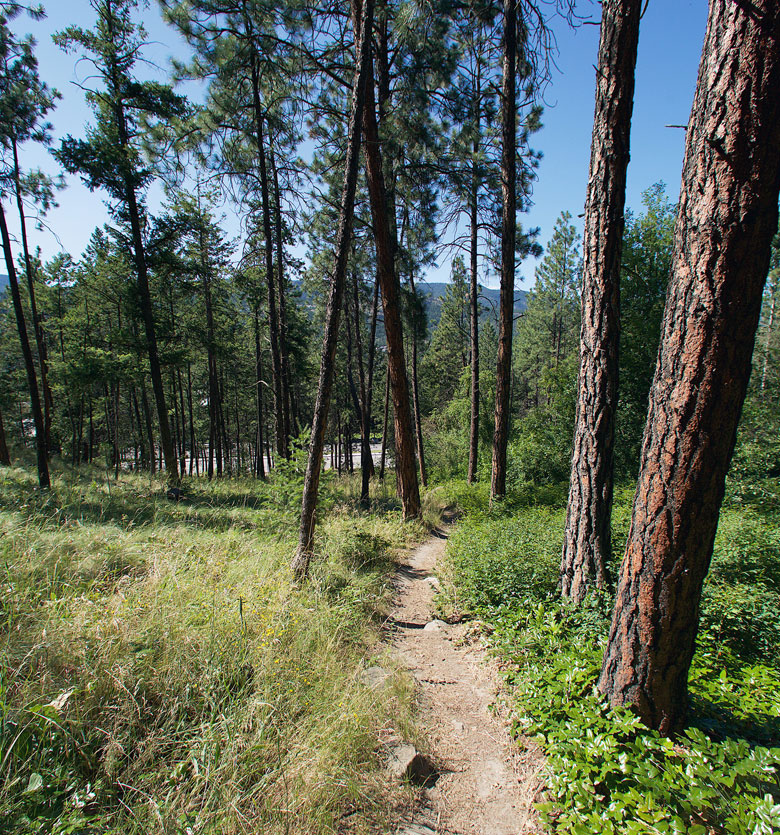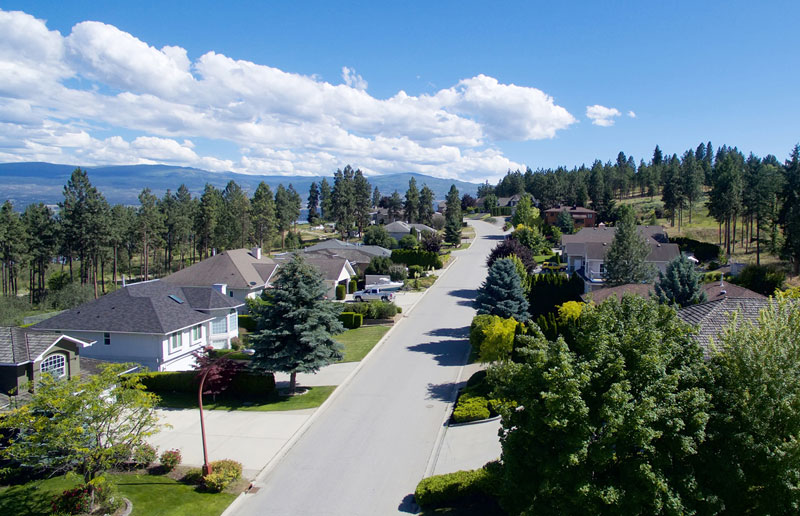About Us
Our History
In 1974, the Westbank Indian Band Development Company started one of the first leasable residential developments on the WFN reserve. This entity along with Sookinchute Utilities, developed this residential project on leased WFN land. The development was named Lakeridge Park. This project was revolutionary at the time and paved the way for future community development projects on Westbank reserve lands. The head lease and sub-lease model was used. This enabled the band to participate in the economy with interest from third parties. Developing the reserves was ideal due to the proximity of West Kelowna, and Kelowna.
During the 1990’s, WIBDC was renamed Westbank First Nation Development Company. The utility company was dissolved with assets transferred to the band. The band members wanted to further participate in construction and forestry activities. There were other divisions formed such as Heartland Economics in forestry, and WIBCO Construction. Some past projects included the WFN band office, Sensisyusten school, two care home centres, commercial buildings, commercial tenant improvements, and many housing projects
Lakeridge Park
Lakeridge Park Residential Corporation – WFN Development Limited Partnership (“LPRC”) is part of the Ntityix Development group. Westbank First Nation is the shareholder of Ntityix. Lakeridge Park Residential manages the subdivision. This includes the maintenance contract of the common grounds, and general administration of the company. There was an agreement to pay a nominal fee over the term of the lease. The site is on Tsinstikeptum Indian Reserve No. 10, overlooking Lake Okanagan in the Province of British Columbia.
The Lakeridge Park Subdivision, a 209-lot single-family residential home development, features mature landscaping, paved streets, street lighting, and walking trails in the common area. The development is located across a 650m bridge (William R. Bennett bridge) from Kelowna, Canada’s 22nd largest city, along Highway 97, the main route connecting the region to the rest of the province.
Westbank First Nation

WFN is determined to expand its lands and opportunities to create a thriving economy for the future. WFN established the WFN Land Registry, a public registry held in Ottawa. Modern and comprehensive Land Rules provide for priority title registration and an expedited registration process. The deeds system is known to have attracted the participation of title insurance companies on several transactions. The Westbank First Nation population is close to 10,000 with majority non-aboriginal residents. In the latest 2016 Statistics Canada census, WFN was shown to have three times stronger growth (at 28%) than any other municipality in the region, including growth in the youth and young adult populations. WFN is neighbours with the City of West Kelowna and is intertwined with the economy of the Central Okanagan.
Westbank First Nation Government is a self-governing first nation with its own land registry system. WFN governs its own competitive and fair taxation system, public services, utilities department, and bylaws. Westbank First Nation (WFN) grows the economy of the Westbank reserve, the Province of British Columbia (BC), and Canada by providing a stable economic climate that attracts business and investment. The foundation of WFN’s economic growth and stability is its unique Self-Government Agreement with Canada, instituted in 2005, under the Westbank First Nation Self-Government Act. Benefiting from an agreement like no other with the Government of Canada, WFN is provided the ability, through law, to govern outside of the Indian Act. WFN has the rights, powers, responsibilities, and privileges of an owner, including the authority to grant interests and licenses in relation to its land. The Self-Government Agreement has dramatically improved the fiscal and legal certainty to investors on Westbank Lands since 2005.

WFN is a leader in BC and Canada and is known worldwide for its precedence setting effects on policy towards Indigenous issues. This leadership position is a result of its success towards the constitutional framework of good governance, by example of economic growth through an efficient regulatory land system and by the ability to attract successful investment and partners. Westbank First Nation also contributes to the arts, culture, and tourism appeal of the area.
